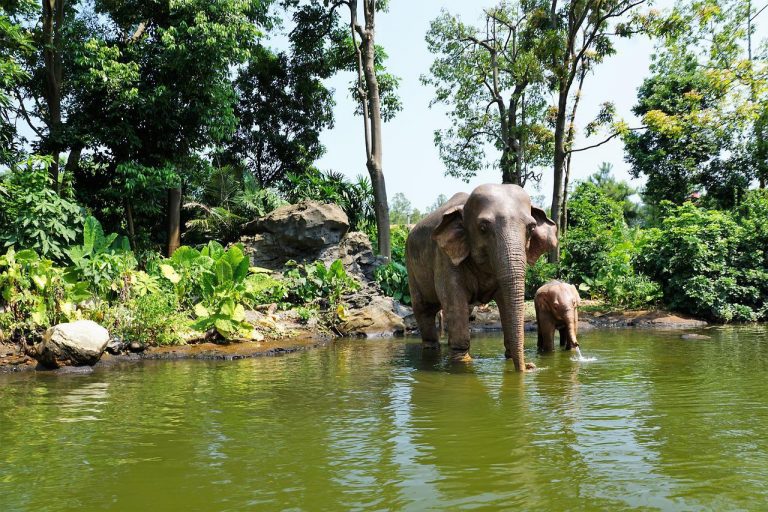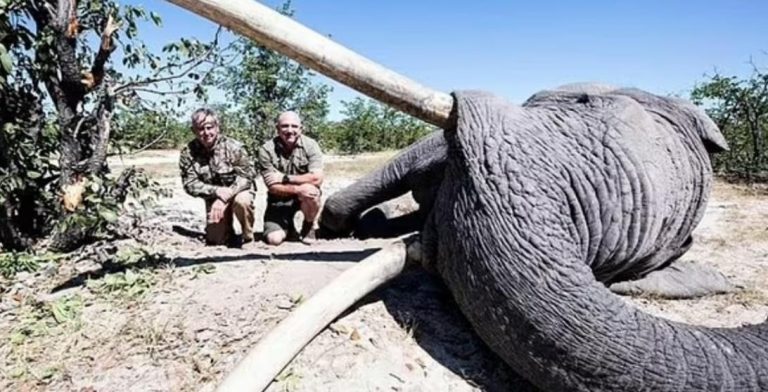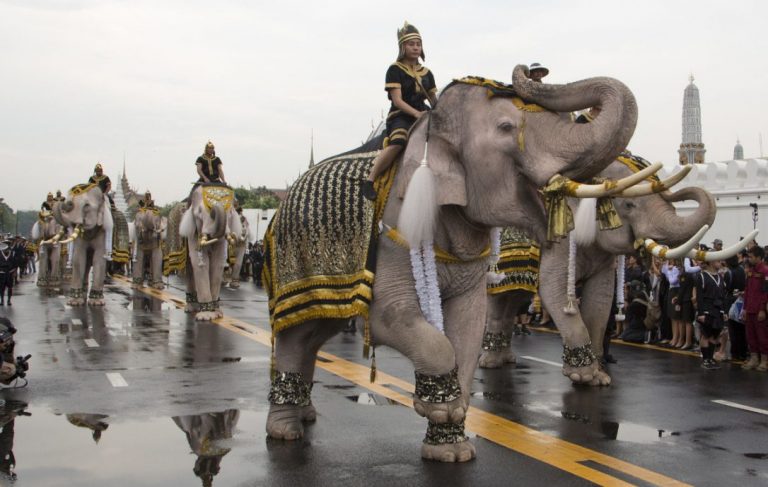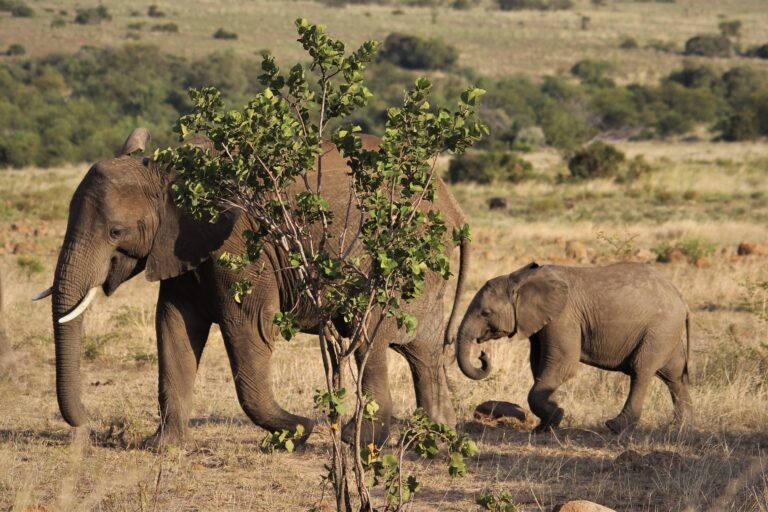Understanding The Dangers Of The Musth Stage In Bull Elephants
The Musth stage is a condition bull elephants go through but it poses serious risks for animals and humans alike.
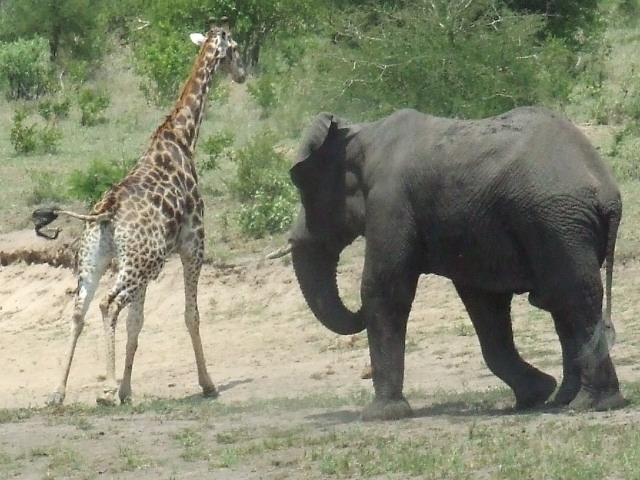
In its modern usage in Indian languages, the word “musth” actually means a state of pleasure, enjoyment, or gratification experienced by humans or even other creatures. But that’s far from the case with elephants.
In fact, it’s a particularly painful, periodical change that manifests in the behavior of a bull elephant. It could last for weeks or months.
Also, it’s peculiar to only male elephants. And it doesn’t matter the species: both Asian and African elephants feel its effects.
What Is Musth In Bull Elephants?
This difference in their behavior is traced to a reproductive hormonal change of testosterone that can reach up to 40 or even 60 times greater than normal. When they are in this state, the animals become exceedingly violent and sensitive to external stimuli of any kind.
Bull elephants can experience the musth as soon as they reach 30 years old and it will likely last for about a couple of days or a week.
However, when they go through this stage when they are older, up from 40 years, the musth can last longer than a month.
Common Symptoms Of The Musth Stage
This huge hormonal change has some common physical symptoms that happen to every male elephant:
- The first change is the constant dripping of urine. This comes out with a strong smell and leaves a smell trail while they walk to show territorial dominance among other male elephants. They may urinate non-stop, reaching surprising quantities like 300 liters per day causing irritation in the genital area. This makes them much more sensitive and easily annoyed.
- Not only does the urine smell strong but also the body odor as well as the sweat they emanate creates an overall overpowering smell.
- The foreskin of the penis changes in color to a white-greenish tone and there is no erection of the penis.
- Several thick tar-like secretions from the temporal glands.
- Moreover, the temporal glands tend to get bigger than a grapefruit and they are located right behind their eyes, causing them to feel uncomfortable and the pain can transfer to the mouth.
- All these inflammations and changes alter the pitch of its voice, producing a distinctive low-frequency vocalization. This sound is called “musth rumble” and can be heard from a long distance. Actually, it is considered a warning signal for any other male elephants or other animals in the vicinity.
- Similarly, the trunk base gets swollen, just like the temples and the temporal glands. The inflammation of these body parts makes the male elephant more sensitive and irritable.
Scientific investigation of musth is still limited because of the dangers of approaching the elephants during musth.
Effects Of The Musth Stage
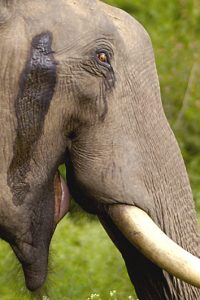
- Bull elephants will fight other male elephants, attack any animal that comes near them, and even destroy inanimate objects.
- Asian bulls are well known for this because while going through the musth, their behavior changes in an extremely aggressive and violent attitude compared to the rest of the bull elephants.
- What stands out the most is their extremely aggressive attitude towards not only the male elephants but also towards humans.
- The elephant bulls fight so fiercely that they often end up badly injured or even dead. That’s a demonstration of how far their rage and anger is.
- They react violently to any kind of noise and also to fast movements.
- An elephant in musth will even attack and kill its own family members.
An elephant in musth is extremely dangerous and must be handled with caution.
Managing Elephants In Musth
There still a false belief that the musth is related to the rut or the heat period in females. However, this appears to be false because bulls in this state often attack female elephants too.
It’s more likely that musth is used to show dominance among the other male elephants.
Unfortunately, science is still not certain whether the accompanying hormonal surge is the only cause of musth, or there are other factors contributing to it.
Nevertheless, an elephant in musth whether wild or domesticated, is an extremely dangerous animal. And neither humans, other elephants, or animals are safe around it.
In fact, bull elephants in this state have killed many zookeepers. It can happen very rapidly and an otherwise friendly animal becomes uncontrollably enraged. These bulls can even kill their own calves.
Because of some of the painful experiences and even deaths in the past, there are several methods keepers and owners use to manage these giant mammals:
In rural settings:
For example, in India, keepers of domesticated elephants in this state will tie the animal to a strong tree. They also denied them food and water, or put them on a starvation diet, for several days. The animal recovers quickly.
In addition, Mahouts are trained to greatly shorten the time to just 5 or 8 days. They often use sedatives, like xylazine, to calm the bulls.
In modern settings:
Starving of animals is not approved in most modern settings. Therefore, the generally accepted method in more developed countries is to isolate the elephant strictly in a well fortified pen for between 1 and 2 months.
Or at least until the elephant recovers on its own.
Keepers may also mix medication, especially tranquilizers into the animal’s food to reduce swelling and the associated pain. During this time, absolutely no one is allowed close to the elephant because it will definitely attack.
Musth is certainly a trying time for the affected bull, the rest of the herd, and any animals and humans in the vicinity.
In fact many zoos shy away from keeping male elephants because of this state and the expense/risk involved in caring for the affected animals.


